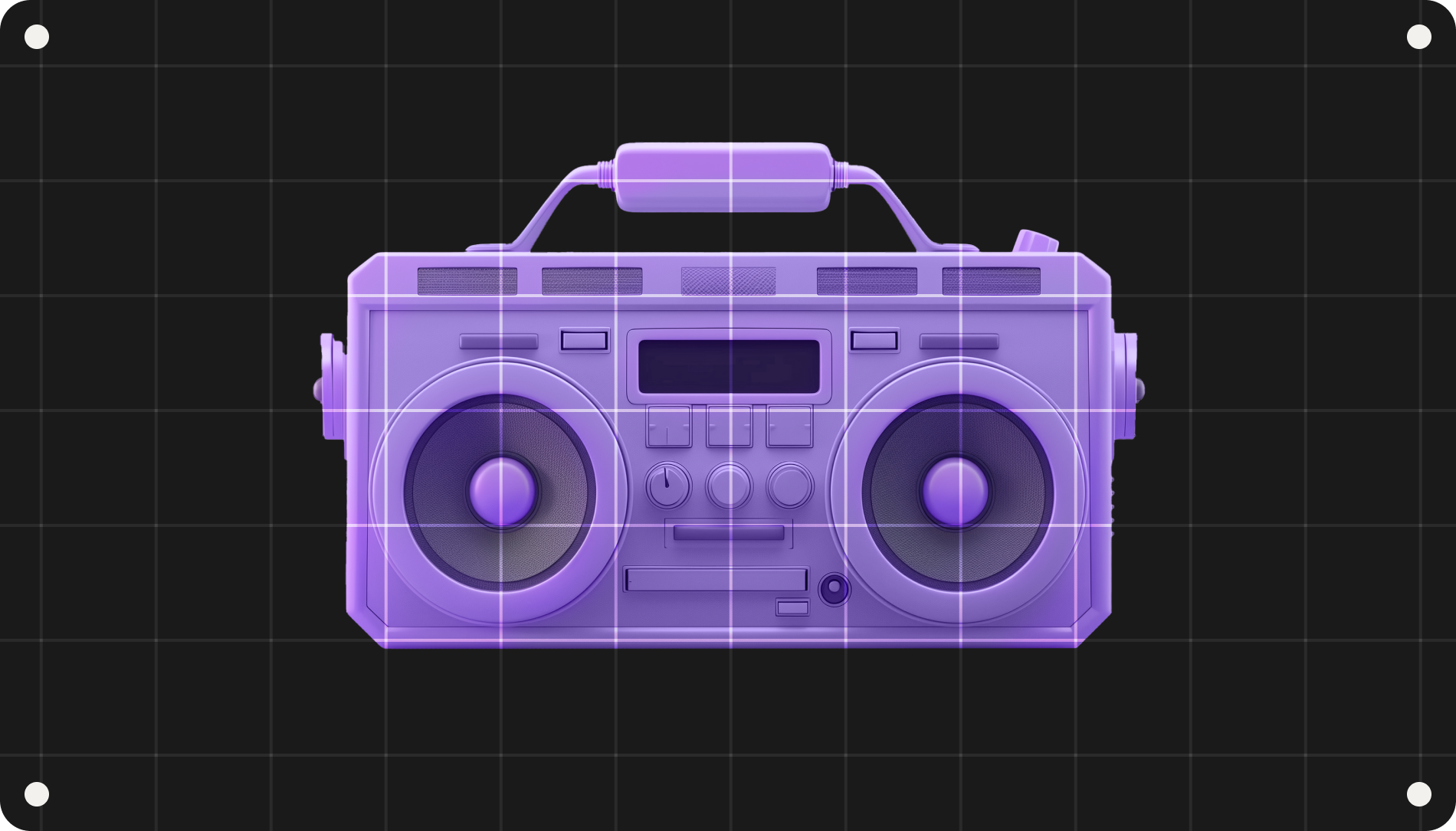The process of applying for a tech job can sometimes feel like it was designed to be confusing. And when you do land an interview, you might start wondering if each interview question is purpose-built to trip you up. “So, tell me about yourself.” “What are your greatest strengths?” “What are your greatest weaknesses?”
It can be tempting to reply with snark, especially if you’ve been interviewing for what seems like ages: “Well, I’m an Aquarius, so that should tell you all you need to know. My greatest strength is that I’m the most modest person I know, and my greatest weakness is I just care too much.”
But resist the temptation! Each one of these common interview questions could have an article dedicated to it alone, so we’ll focus on one that seems particularly tricky.
So when you’re applying for a tech job, particularly if you’re switching careers, here’s how to confidently answer “Why should we hire you?”
“Why should we hire you?”: The confident answers you can give
The question “Why should we hire you?” can be a difficult one to answer in job interviews. But if you want that job, this is a challenge you can easily overcome by hitting on three clear points.
“Because I already have tech experience”
According to our survey, employers are most interested in relevant skills. This includes both hard and soft skills — i.e. they want to see that you have both programming chops and communication skills. By highlighting any tech skills and experience you already have, you can prove that you’re a good fit for the role.
But your experience needs to be put into a narrative context for your answer to stick in the hiring manager’s mind. One helpful way to make a story out of your interview answers is the STAR method, which stands for:
- Situation
- Task
- Action
- Result
Naturally, your situation will differ, and this is a bare-bones starting point. But if you have the skills and experience that will help you thrive in the company you’re interviewing for, highlight that and make sure the hiring manager knows you have the background that makes you the best candidate for the job.
“Because I have an impressive portfolio”
But let’s say you don’t necessarily have experience with direct relevance to the roles you’re going after. Don’t despair — you can still be a competitive job applicant! When interviewers ask this question, they might reframe it as “Why should we hire you with no experience?” But you can still point to your portfolio to prove you’re the person for the job.
Your portfolio is a cheat sheet for recruiters to check in on the tech projects you’ve built. If you’re just starting out in a tech career, you might not have a job at another tech company on your resume, but you can still have worked on sites or programs that people can check out. Such was the case for Yuliya KhilkoFrom Chemical Engineering to Motherhood to Tech : Yuliya Khilko’s TripleTen Story:
“No matter how beautiful your code is, a recruiter can’t have a look at it. Yet they will look at your portfolio, and if they see a beautiful design that works, and if they like it, then your resume will land onto the stack that will be moved to the next round.” Yuliya Khilko, TripleTen grad
And the data in the survey mentioned above supports this. Team leads were most impressed by robust portfolios — 59% of these respondents in our survey said portfolios were how candidates could best stand out. After all, everyone starts somewhere. If all jobs required that applicants come with years of experience, only people already in the industry would ever get hired.
When you’re new to the industry, your portfolio is your ticket in. Highlight the entries on it — the projects you completed as part of your tech education, the code jams you participated in, and the sites and programs you might have built independently. These prove your know-how and can be strong elements in your favor when you’re asked why you’re a good hire.
“Because my previous career gives me a leg up”
Not having a background in tech can actually be an assetGetting an Entry-Level Tech Job With No Experience: Why You’re an Asset, but you’re still going to have to prove that you have the chops to do the job you’re interviewing for. And that means you’re going to need tech skills. However, when you do gain this know-how, don’t discount the unique skills you acquired in your previous non-tech career.
Often, teams actively want people who have more in their toolbox than Java, Tableau, Python, or other tech-focused capabilities. They want people who have domain-specific knowledge. So when someone asks you why they should hire you instead of someone else, you can mention your unique background.
And you wouldn’t be the only one who took their previous experience and turned it into a new career in tech. Just take Tiffany Hall, for example.
As a special-ed teacher, she saw the value of using tech in teaching during the pandemic. But after teaching resumed in-person, she saw that promise going unfulfilled as tech once again took a backseat. So she decided to do something about it and merged her previous experience in education with her new tech capabilities. Now, she’s a Full Stack Developer at Scholastic, a publishing company dedicated to improving education.
Or take Jake McCambleyTaking Therapy from the Outdoors to Tech: Jake McCambley’s TripleTen Story as inspiration. After majoring in psychology and working as a wilderness therapist, he decided to switch to tech. After reading through job description after job description, he found a company that was building software to connect patients and therapists — it was perfect for his background. He decided to reach out to the CEO directly.
“I wrote a cover letter to her just explaining, ‘Hey, I’m passionate about mental health. I’m passionate about building products that help people,’ and she responded, saying, ‘Let’s chat on the phone.’” Jake McCambley, TripleTen grad
He’s been with them ever since.
Just like Tiffany and Jake, you can take your existing skills, augment them with tech, and be a truly unique applicant in the job market. This sort of background is often the exact thing that hiring managers are looking for, so when they ask you why you’re the best fit for the job, you can point out that not only do you have tech skills, you also have a previous career that gives you rare domain expertise.
Get more advice with a career coach
This is all somewhat general, though. What specific approach you should take will likely need to be customized to your unique background and interests. This is where a career coach comes in.
They can help you as you interact with employers and try to navigate the short but crucial conversations that show you if you’re a cultural fit for the job (and if you are truly interested in that role). If you do decide that you’re set on that job, career coaches can train you in mock interviews so you’ll be more than ready to prove you’re the best hire the company can find.
See what TripleTen can do for you
But the crucial first step is to gain the skills and projects that will enable you to ace the interview process. This get-hired training is the exact thing you can find at bootcamps like TripleTen. In addition, bootcamps often include a full suite of career coaching services as a key element of their offerings. But what exact career is right for you? Find out in our career quiz.
.jpg)
.png)




%20(1).jpg)
.jpg)



%20(1).jpg)








